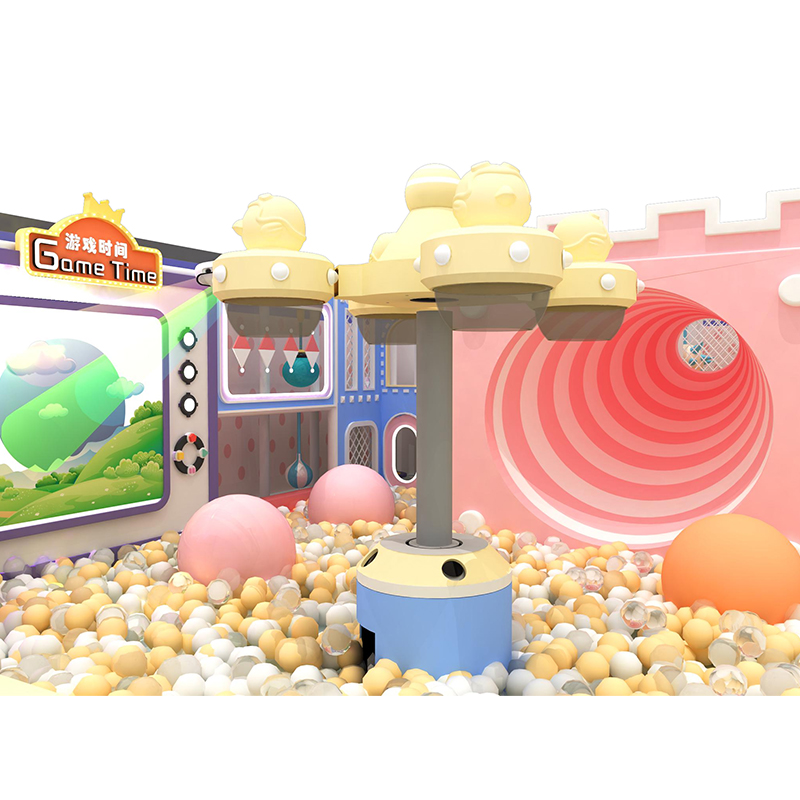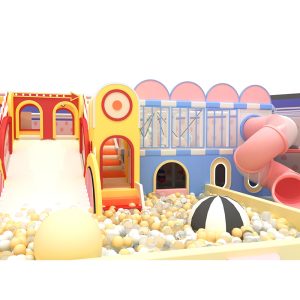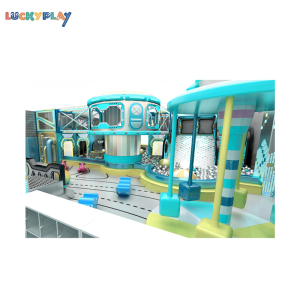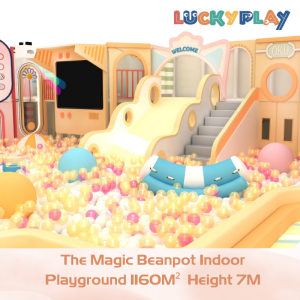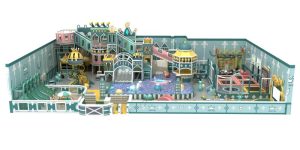Indoor playgrounds offer a variety of benefits to kids. Aside from helping children develop gross motor skills and independence, they can also strengthen parent-child bonds. This article will outline some of the reasons why indoor playgrounds are an excellent alternative to outdoor playgrounds. After all, when children are having fun, we all benefit!
Indoor playgrounds are a great alternative to outdoor playgrounds
Indoor playgrounds offer a safe and comfortable environment for children. The equipment used is designed to prevent injuries. In contrast, outdoor playgrounds are open to the elements and can become unsafe in certain weather conditions. Additionally, indoor playgrounds are more regulated and have adults watching over kids.
Another advantage of an indoor playground is that it is open all year round. In addition, many indoor playgrounds feature areas designed to spark creativity and imagination. These areas often feature role-playing villages and cushioned seating. Plus, indoor playgrounds are cleaner than outdoor playgrounds and are regularly cleaned.
They promote physical fitness
Children need physical activity in order to stay healthy, and it’s important that they enjoy it. Having fun is important, and playing in the park or playground offers a great opportunity for your child to get some exercise. The American Heart Association recommends that children get about one hour of moderate physical activity per day. Unfortunately, many kids don’t meet that goal. Whether the weather is nice or cold, children need to get some exercise to stay healthy.
Many indoor playgrounds are also great for promoting physical fitness. Physical activity can help boost children’s self-esteem, reduce anxiety, improve behavior, and prevent or reduce certain health conditions. Children who participate in physical activities develop healthy body weights and are more likely to avoid problems associated with obesity.
They help children develop gross motor skills
A variety of indoor playground activities help children develop gross motor skills. Many activities, such as climbing walls, require children to engage large groups of muscles in order to perform a task. Climbing walls require children to use their entire body to reach for handholds and push up steps. Other activities, such as jumping rope or playing velcro catch, help children develop their balance and coordination skills.
Indoor playgrounds also provide a wonderful environment for children to unleash their creativity. Many children play make-believe games and act out new characters. For example, a play platform can be transformed into the roost of a ship. This activity fosters the children’s creativity and helps them explore the dynamics between their crew.
They help parents spend time with their children
Indoor playgrounds are a great way to spend quality time with your child and encourage physical activity. Physical exercise has a variety of health benefits, including reducing the risk of cardiovascular disease, diabetes, and high blood pressure. Additionally, physical activity improves self-esteem and helps children navigate challenges. In addition, children who participate in physical activity stay fit and healthy mentally, which can lead to a happier, healthier adulthood.
Whether you’re considering opening an indoor playground for your business, or you’re simply interested in offering fun to children, there’s a market for it. In addition to providing a great environment for children to play, indoor playgrounds are also a good place to offer fun activities for adults. You can offer one-day camps for professional development days, custom team-building events, or after-school groups. You can even offer daycare services, complete with toddler-level activities, enrichment activities, and other services.
They are clean
Indoor playgrounds are often a safer option for children, but they do have one huge disadvantage: they can harbor a multitude of germs. Some of these bacteria and germs are particularly dangerous to children. These germs can spread through small children’s hands and surfaces like monkey bars and slides. Often times, these surfaces can be more germ-infested than even a child’s bathroom. This is because a kid can come into contact with bacteria, viruses, and fungi in the playground.
Indoor playgrounds are also safer than outdoor parks. Many of them have employees checking children and disinfecting equipment to keep the environment clean. In contrast, outdoor parks are at the mercy of Mother Nature and rain showers, which can leave behind a lot of bacteria. According to a HomeAdvisor article, outdoor playgrounds contain as many as 52,000 times more bacteria than indoor playgrounds.
They are germ-free
Children often sneeze and wipe their noses with their hands on playground equipment, which can be a breeding ground for germs and illnesses. While the majority of germs found on playground equipment can cause only minor symptoms, others can be deadly and require antibiotic treatment. Some examples of these diseases include cholera and E. coli, which are caused by gram-positive cocci. These bacteria cause skin infections and stomach illnesses.
Keeping the environment germ-free means teaching children the importance of hand washing. Practicing hand hygiene techniques, such as avoiding touching other children’s faces and clothes, will keep your kids healthy and germ-free. Also, children should keep their hands away from their mouths and food when possible. Additionally, keeping children home from playgrounds who are sick can help prevent the spread of illnesses.
They help children explore their creativity
Indoor playgrounds are important because they give kids the opportunity to explore their creativity and imagination. Playing helps children develop their personalities and social skills. It also helps them learn to take turns and listen to others. It is also beneficial for their physical health. The activities and games help children build their muscles and tone their bodies.
Playgrounds can also help children develop leadership skills. Children can practice negotiation and compromise as they work together to solve problems. This can help them develop critical thinking and improve their focus.

